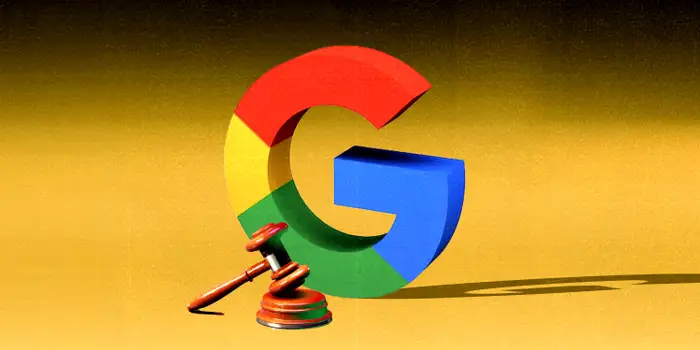Google’s Ad Tech Battle Enters Remedy Phase in DOJ Antitrust Case

The legal showdown between Google and the U.S. Justice Department over Google’s dominance in advertising technology has moved into its next critical stage: deciding how to fix the competition problems the court has already found.
Judge Leonie Brinkema, who earlier ruled that Google illegally monopolized key ad tech markets (such as publisher ad servers and the AdX exchange), is now faced with deciding what structural or behavioral changes should force Google to open up its business.
“My favorite phrase is ‘Let’s settle this case,’” she told the attorneys, signaling her interest in a negotiated agreement rather than a drawn-out decree.
What’s at Stake
- DOJ’s Proposal: The government is pushing for a break-up of Google’s AdX exchange, requiring that parts of Google’s ad server (DFP) be made open and possibly divested, and forcing transparency of how ad decisions are made behind the scenes.
- Google’s Defense: Google argues that technical divisions would be extremely complex and risk destabilizing the infrastructure that publishers and advertisers rely on. Instead, it favors behavioral remedies — constraints on how it integrates its systems.
Complex Technical Disputes
Shots fired in the courtroom reveal deep technical arguments about how intertwined Google’s ad systems are. Government experts say splitting off parts is feasible without performance degradation. Google’s tech teams counter that the systems are so interwoven that splitting them is tantamount to dismantling a finely tuned engine.
Some metaphors got dramatic: Google’s engineers likened separating its systems to replacing rare, one-of-a-kind infrastructure — “going to Mars” or replacing the “Michael Jordan of databases.”
Judge Brinkema repeatedly challenged both sides on whether dividing Google’s tools could be done without harming users or the web ecosystem. She’s also wary of appointing monitors or experts who might have conflicts or bias in overseeing compliance.
Broader Implications
- This is one of the first major remedies trials in tech: courts are being asked not just to declare wrongs, but to reconstruct how markets operate under new, highly technical conditions.
- The decision could reshape the future of digital advertising, affecting publishers, advertisers, and how user data is leveraged across the open web.
- Other antitrust cases loom — Amazon, Apple, Meta — and how this ruling goes may influence the judicial appetite for restructuring tech giants.

